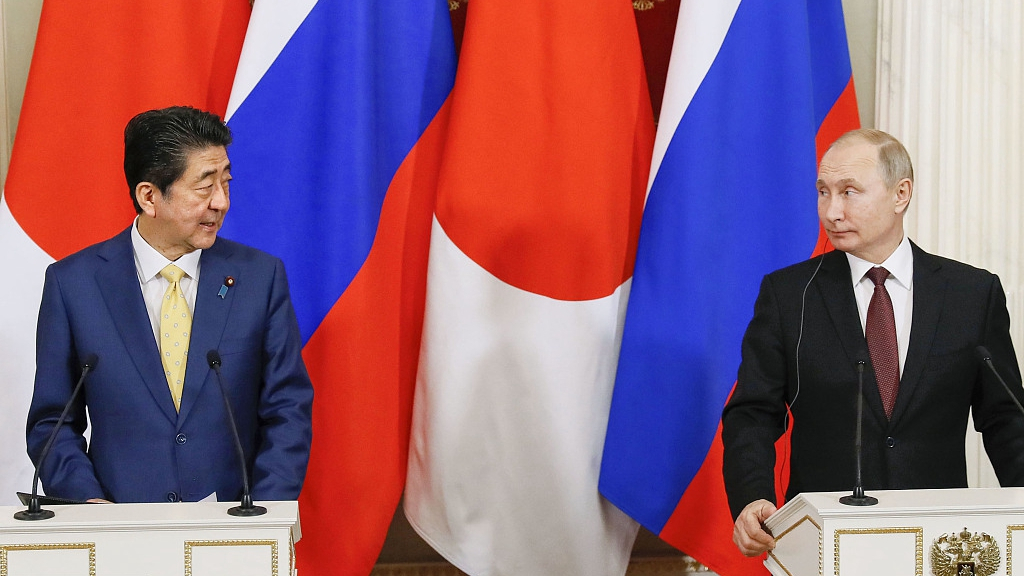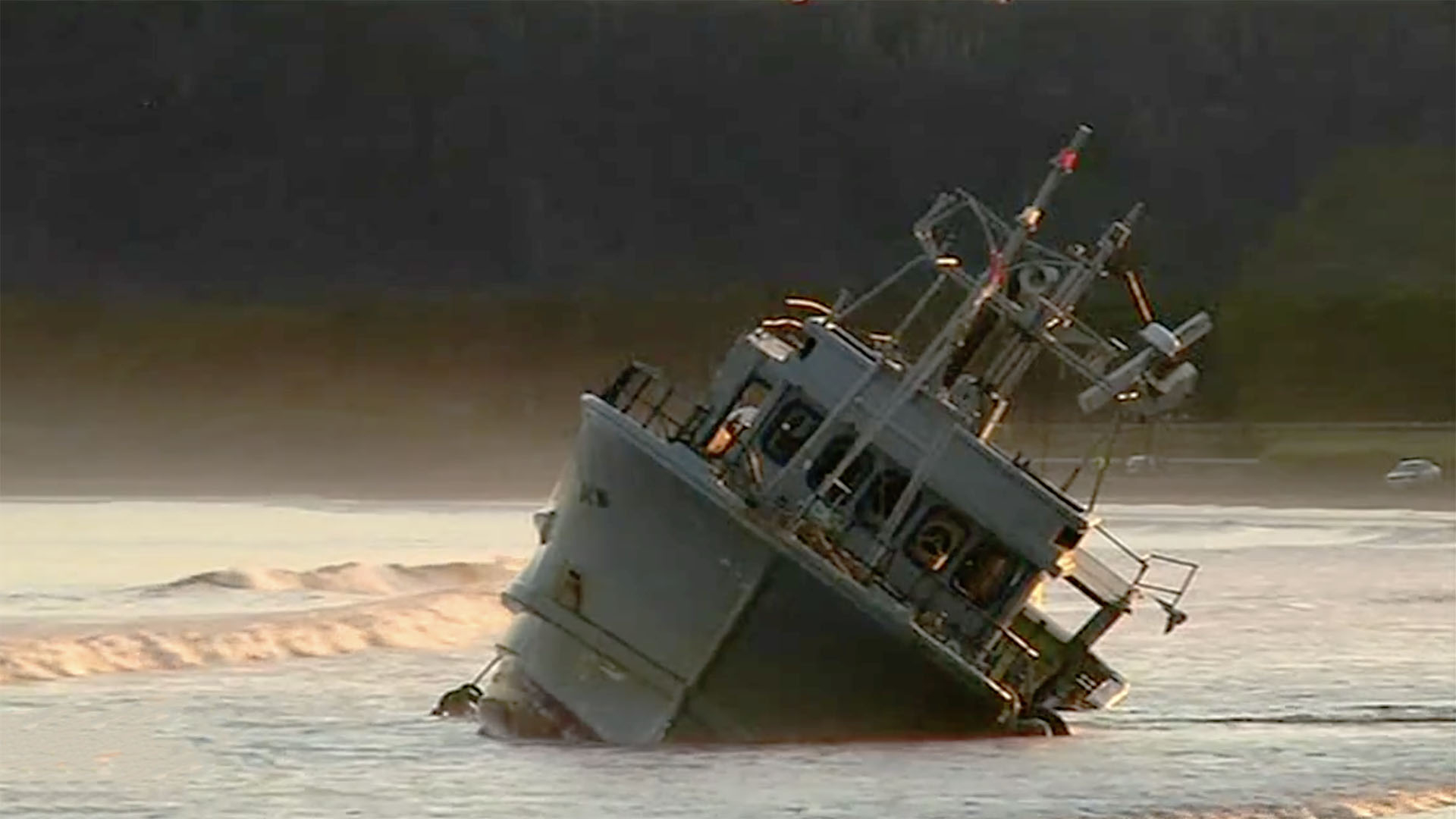
Asia Pacific
15:19, 23-Jan-2019
Russia-Japan island dispute: Peace talks hinge on status of strategic archipelago
Updated
17:59, 23-Jan-2019
By Wang Tongxue

Called the Kurils by Russia and the Northern Territories by Japan, a string of volcanic islands are at the heart of a feud between the two countries.
At their closest point to Japan, the disputed islands lie just a few kilometers off the northern coast of Hokkaido. They are the southernmost islands in a volcanic chain that separates the Sea of Okhotsk and the Pacific Ocean.
The islands also sit close to the Russian island of Sakhalin and are administratively part of the same region. These islands have remained at the center of a dispute between Tokyo and Moscow, ever since Soviet troops took over them in the final days of World War II.
02:02

Russia argues that U.S. President Franklin Roosevelt promised Soviet leader Joseph Stalin he could annex the islands, in exchange for joining the war against Japan when they met at the Yalta Conference in February 1945.
The Soviet control of the islands has since prevented Moscow and Tokyo from signing a formal peace treaty to end the war.
In 1956, Soviet leader Nikita Khrushchev offered to give Japan the two smallest islands in exchange for signing a peace treaty, but he later dropped the idea after Tokyo struck a military alliance with the United States.
Strategically, the control of the islands ensures Russia has year-round access to the Pacific Ocean for its warships and submarines, as the strait between Kunashir and Iturup does not freeze over in winter.
Russia has military bases on the archipelago and has deployed missile systems there. The current population of the islands is around 20,000. Over the past few years, joint investment projects initiated by the two countries have attempted to jump-start the local fishing, energy, and tourism industries.
Despite the abundant resources of hot springs and valuable minerals, the development level of the islands is still low, according to Moscow. Since 2017, the two countries agreed to set up charter flights to enable the former Japanese inhabitants to visit family graves on the archipelago.
(Cover: Japanese Prime Minister Shinzo Abe (L) and Russian President Vladimir Putin hold a joint press conference at the Kremlin in Moscow, January 22, 2019. /VCG Photo)

SITEMAP
Copyright © 2018 CGTN. Beijing ICP prepared NO.16065310-3
Copyright © 2018 CGTN. Beijing ICP prepared NO.16065310-3